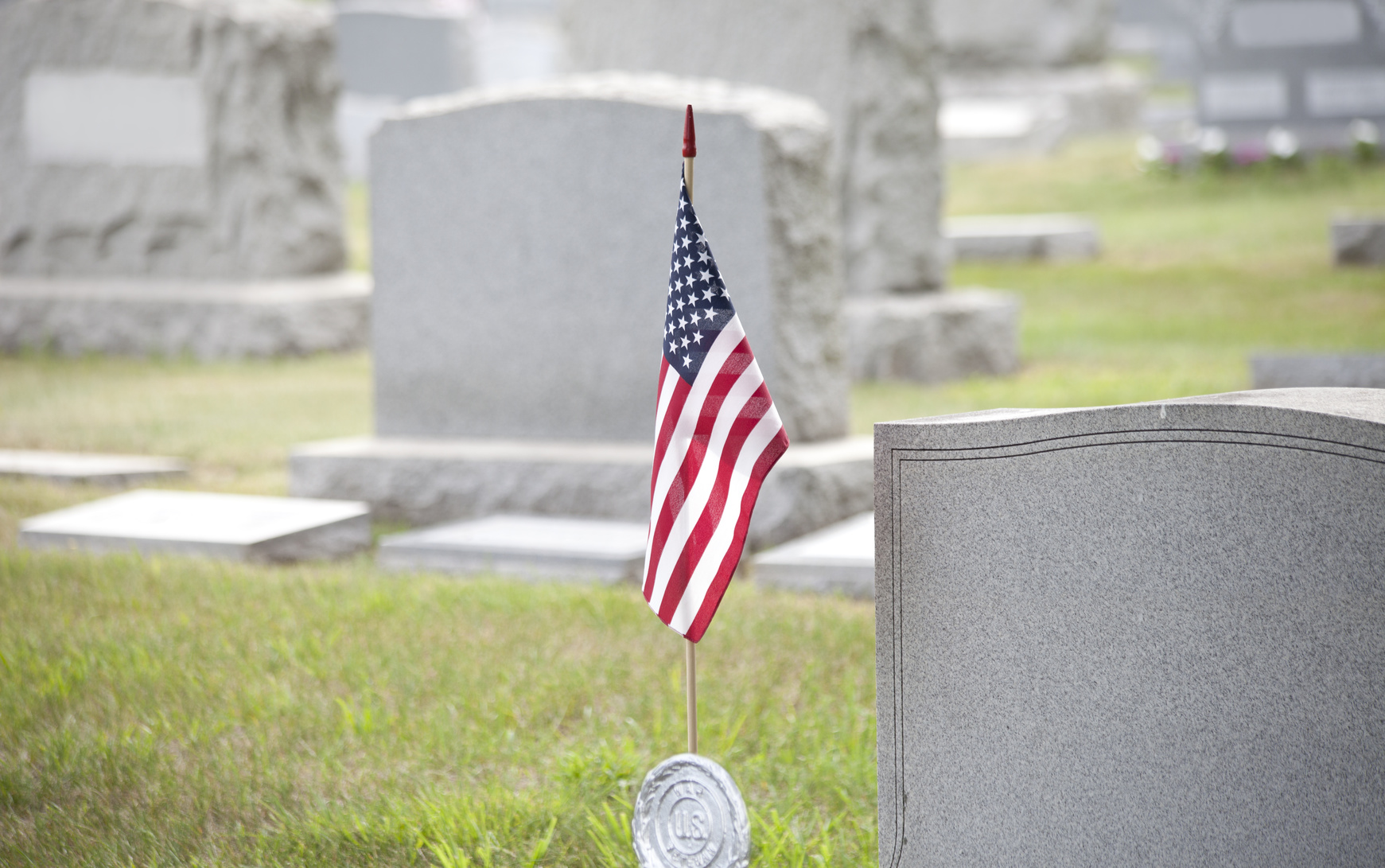WRONGFUL DEATH IN ILLINOIS

While the death of someone you care about never feels “right” there are tragic situations where the death of a friend or loved one felt untimely due to the fact that it was caused by an accident that was the fault of another. In such a situation, you should consider your options with a potential wrongful death suit. To evaluate and execute such a matter, you will need to speak with an experienced attorney.
WHAT IS WRONGFUL DEATH?
Wrongful death refers to a situation where a party is responsible for a wrongful incident that caused the death of another. When that party is not subjected to criminal action, the decedent’s loved ones can attempt to find a remedy in a civil suit, called a wrongful death suit. Specifically, Illinois law states that “[w]henever the death of a person shall be caused by wrongful act, neglect or default, and…if death had not ensued…the party injured [could have] maintained an action and recover[ed] damages,” the party responsible for the incident can be held liable in a civil wrongful death suit. While a wrongful death in Illinois can be filed on behalf of the deceased, it also enables the deceased’s family to recover for their own losses as a result of the death and its impact on them.
WRONGFUL DEATH IN ILLINOIS
Illinois addresses wrongful death by several factors: who can bring suit, time limits to file a wrongful death suit, and available damages for successful plaintiffs.
In terms of who can bring suit, in order to file a wrongful death suit, you must be the personal representative of the deceased’s estate. If there is no personal representative designated in the deceased’s will, the court may appoint one. A personal representative may be a close relative of the deceased, including:
- A spouse;
- A parent of a minor child who is deceased; or
- An adult child of a deceased parent.
The statute of limitations governs how long a personal representative has to bring a wrongful death suit after the date of the incident. In Illinois, the statute of limitations for a wrongful death suit depends on what the statute of limitations is for the underlying type of case or one year from the date of the deceased person’s death, whichever is later. With that said, if you are filing for personal injury, the statute of limitations is two years from the date of the incident, which means that the personal representative has two years to file a wrongful death suit. Failure to adhere to the statute of limitations by not filing within the time limit proposed usually means that the court will not hear the case and will dismiss it.
Regarding damages, in Illinois, wrongful death damages are paid exclusively for the benefit of the surviving spouse and next of kin of the deceased. Damages can be whatever the jury finds fair and just and can include damages for grief, mental suffering, and sorrow. Other damages are claimant specific, meaning that only certain parties can be paid for certain damages. Funeral expenses will likely be paid to the estate while damages for loss of companionship are likely to be paid to the deceased spouse or children.
A JOLIET WRONGFUL DEATH ATTORNEY CAN HELP
When you have experienced a shattering loss, it may be difficult to know who to call for help. You will need an experienced advocate who is capable of fighting for you, your family, and your deceased loved one. Contact The Law Offices of Eugene Fimbianti today if you need a strong and zealous professional on your side.

